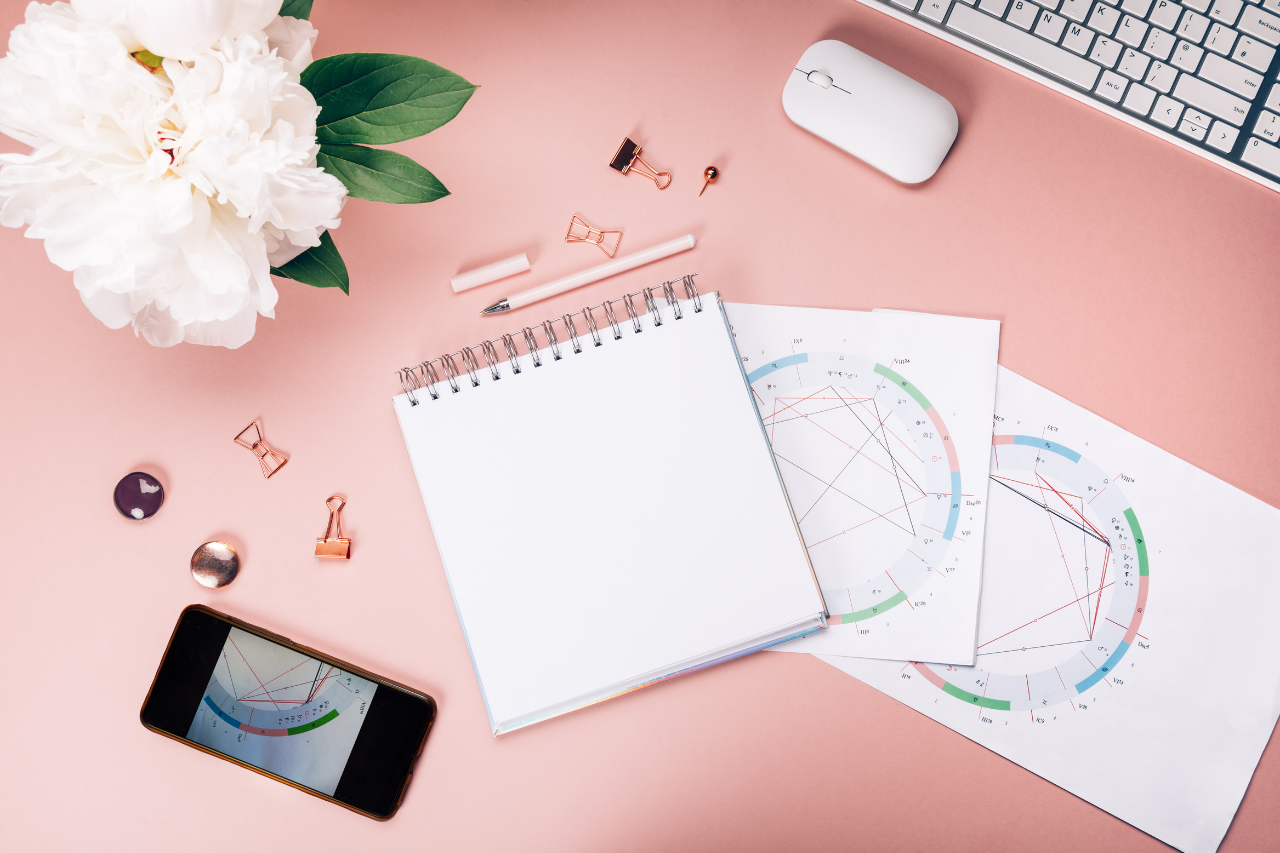
written by ARIANNA
Boundaries. “I need boundaries in my life.” “There needs to be a boundary in our relationship.” “I feel like there are no boundaries between us.” “I think I need to set more boundaries.” “I need healthy boundaries.” I’d always heard the word boundaries and knew what the word meant, but I had never fully understood or truly grasped it. Moreover, I never realized how difficult it can be to set them, and just how easily the line between healthy and unhealthy boundaries can get blurred.
“A boundary is a limit or space between you and the other person; a clear place where you begin and the other person ends . . . The purpose of setting a healthy boundary is, of course, to protect and take good care of you.” — PositivePsychology.com
Healthy boundaries are boundaries that are there and make sure we feel and are mentally and emotionally stable. Some examples of healthy boundaries include: saying “no” without feeling guilty; saying “yes” because you want to—not out of guilt, obligation, or fear; making time to take care of yourself and listening to your wants and needs; knowing who you are and what you stand for, and expressing that to others, and feeling safe to express your emotions.
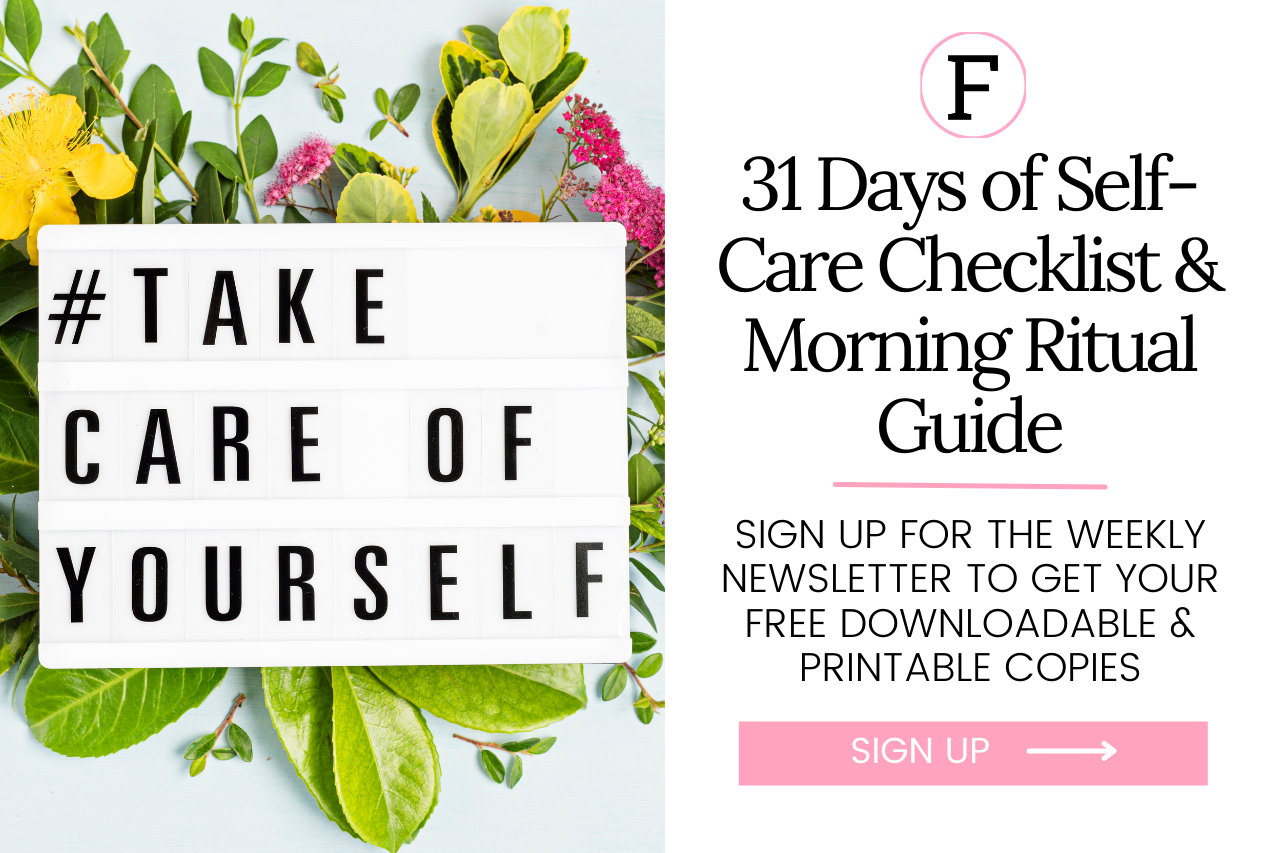
Unhealthy boundaries are those that are essentially lacking, where there is some sort of imbalance in the relationship. Some examples of unhealthy boundaries are: feeling guilty for saying “no;” oversharing with everyone; incessant worry and constant check-ins; feeling smothered and that your beliefs and emotions don’t matter; fear of or feeling like you can’t say “no” or disagree, and a woman letting her ex go through her phone while dropping off their children.
Boundaries are there to provide protection and make us feel safe and comfortable in all relationships. They give us the space to wholly be ourselves and live our lives. Essentially, a boundary is a clear line between us and another. However, that metaphorical line in the sand can very easily fade, change, or even disappear completely, and it can be hard for us to distinguish between what is healthy and what is unhealthy. I struggled with figuring this out for a long time.
In 2022, I’m focusing on setting healthy boundaries—here’s why:
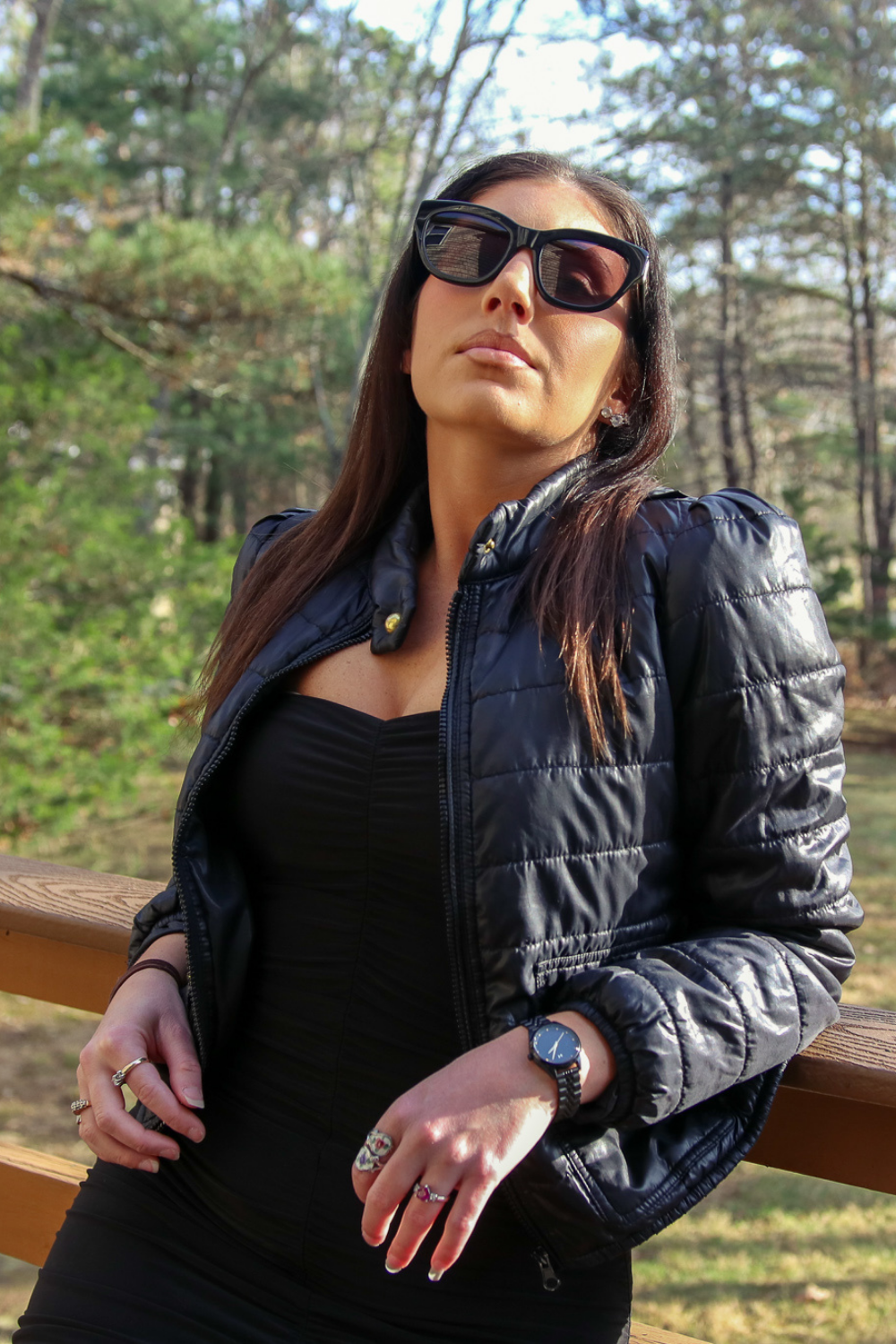
How I discovered the importance of healthy boundaries:
Let me start by prefacing this: I work from home. It was less than a month ago, and I’d been working nonstop because of the holiday season. I was juggling my heaviest workload yet, holiday shopping, management, design, marketing, cooking, cleaning, laundry, grocery shopping, pharmacy pickups—pretty much just life in general. I’d been working 12 hour days 5 days a week, and working on the weekends as well. I had been exhausted for weeks, and felt mentally and emotionally drained of all resources. My phone wouldn’t stop ringing, and I swear every time I turned around there was something else I had to tend to. The phrase, “I don’t know how much more I can give,” played on a loop in my mind 24 hours of every single day, rent free. Finally, something came up that I had to say “no” to—something I’ve rarely done in the past—because it just wasn’t feasible with my schedule. And guess what? When I said “no,” I didn’t feel guilty for it.

And do you know why I didn’t feel guilty for it? Because for the first time in my life, I was putting myself and my priorities and responsibilities first.
I’ve always had a habit of putting other people’s needs before my own, most of the time without even meaning to. I’m also extremely close to my family, and there isn’t anything in the world that I wouldn’t do for them, so I’ve always struggled with saying “no” to them because then I’ll tend to feel guilty, like I’m not there for them, or I’m not a good daughter or sister. I’ve also always tried to fit in everything else and then work in my schedule and tend to my own needs around all of it. It’s not like anyone ever asked me to do this, either, it was just a habit I had unintentionally learned over the years and taken with me into my adult life.
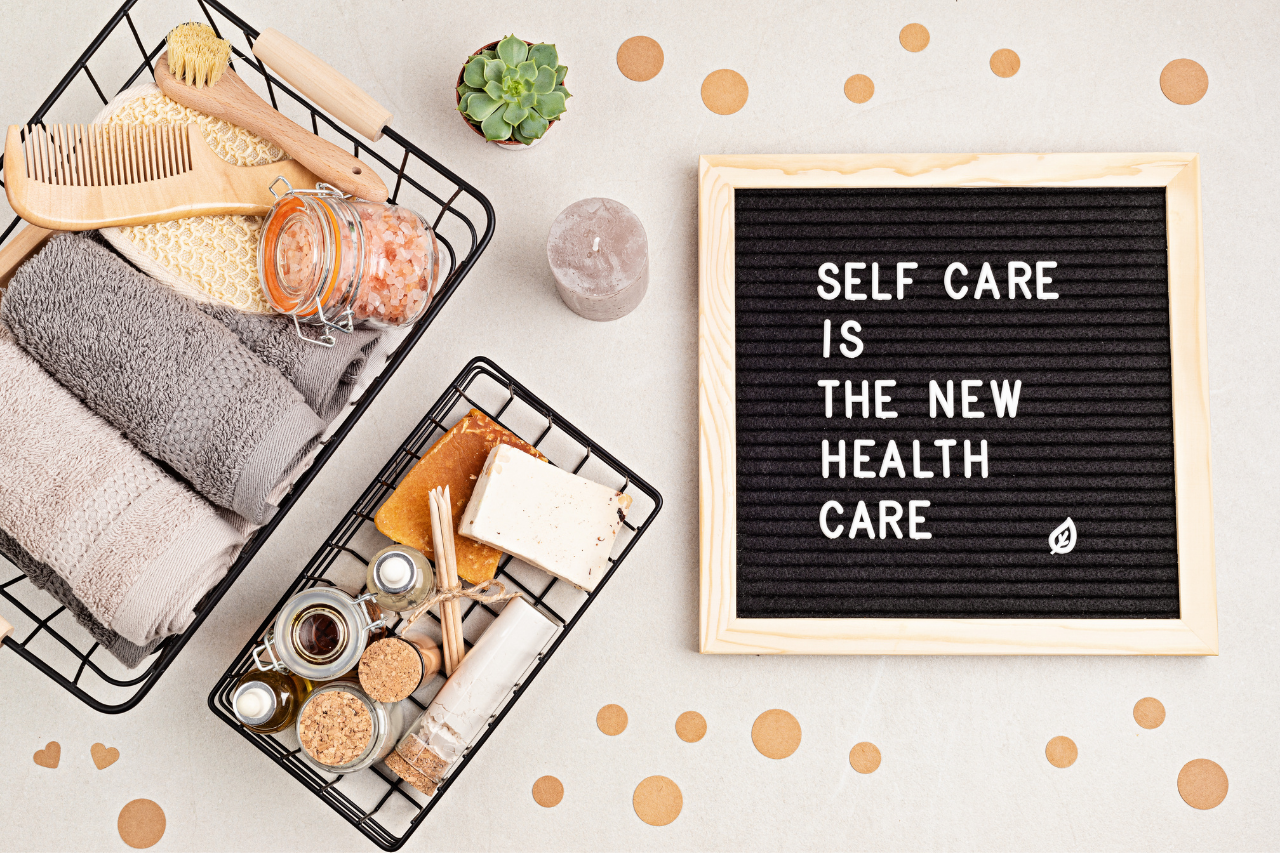
Why I’m focusing on them this year:
My life is busy—everyone’s life is busy—but this is my life, and I want to take care of myself. I want to conserve my mental and emotional energy so I’m able to be there for others when it counts and when they need me most. That won’t happen, though, if I’m continually draining myself and trying to fit things into my already busy schedule.
I’m finally beginning to understand what it truly means to put myself and my needs first, and how to prioritize accordingly. I’m also learning to listen to my body and what it’s trying to tell me. If I’m feeling exhausted or mentally drained, I need to not add anything else to my plate; if I’m in the midst of a chaotic week and am feeling overwhelmed and one of my plans falls through, I take it as a sign from the universe that I need to take some to myself to reset. I’ll also give myself some time off my phone when I’m done working so I can regroup and clear my head. I know that if it’s a true emergency, someone will get in touch with me.
I’ve also come to realize that at the end of the day, it’s not my job to make everyone understand why I’m saying “no,” or why I’m so busy and overwhelmed with work. Either they’ll understand, or they won’t, but I’m not going to waste my time helping them get it; I’m going to move on. Sure, I WFH, but that doesn’t mean my life is a free for all and that I roam around every day doing whatever I please whenever I want to—I have a real job and real responsibilities. If someone who doesn’t WFH gets called into work, people don’t make it a big thing or expect them to drop everything and rearrange their schedule for them, so why should I be any different?
I can’t grow in any aspect of my life if I’m feeling suffocated. It’s my job to take care of myself—no one else can or will do it for me, nor do I want them to. But most importantly, I’m focusing on setting healthy boundaries in 2022 because I want to take care of me, and I’m finally beginning to understand what that entails. I’m 26 years old, and am coming into my own more as an adult. I’m learning more about who I am, my lifestyle, what works for me, and what makes me happy; I’m finding more independence. When something is important to me, I’ll make time for it. I don’t skip out on things because I can’t prioritize or schedule.
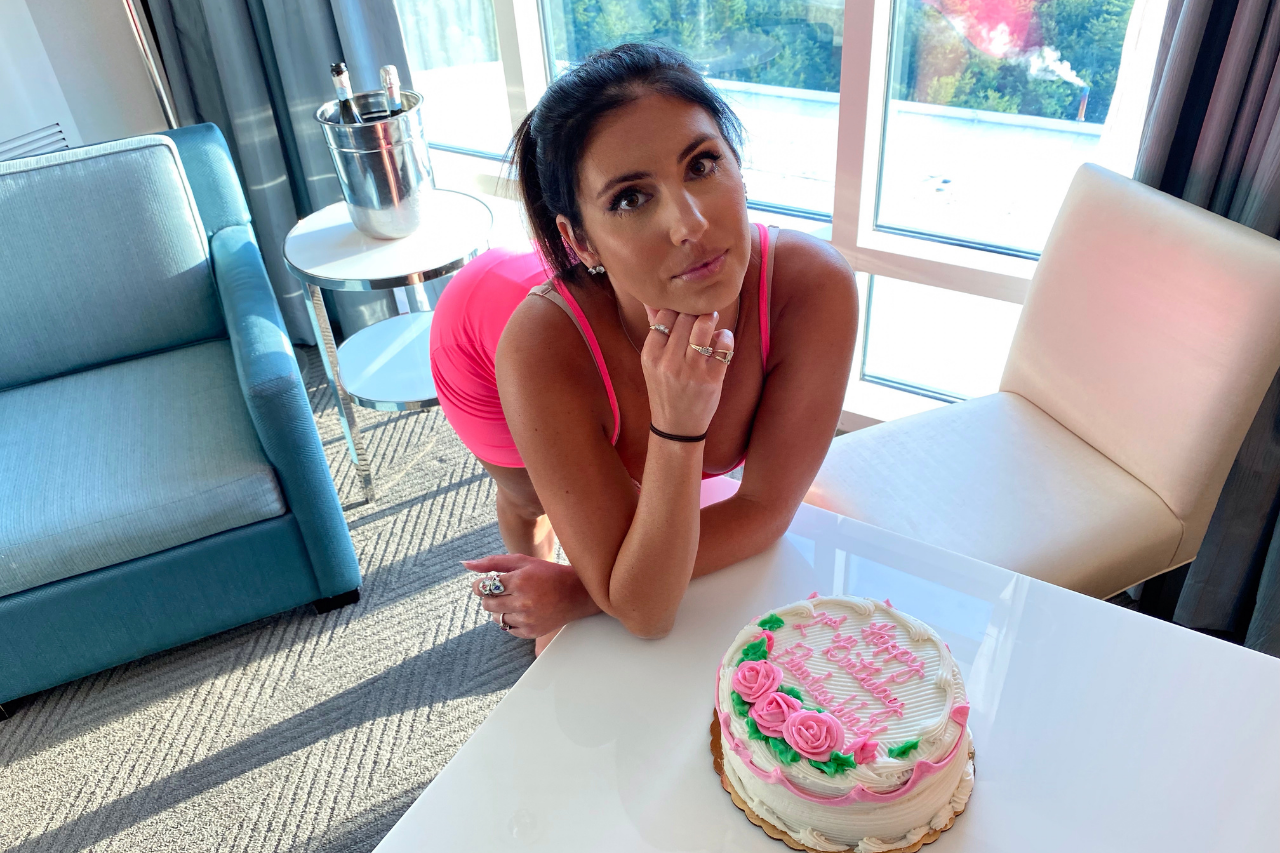
Tips for setting healthy boundaries:
Everyone’s boundaries are going to look different because we all have different wants and needs. However, I’ve found that these are the 6 most helpful tips to apply when setting healthy boundaries for yourself and your relationships.
#1. Listen to yourself, your heart, and your body.
As I mentioned above, listening to myself and my body has been a huge help when it comes to setting healthy boundaries. I know that when I’m feeling overwhelmed and the thought of having to take anything else on makes me feel like I will crumble into a million tiny pieces, it’s my body trying to tell me that I need to take a break and some time for myself when there’s an opening. On the flip side, if something comes up and I feel like I can handle it, I will agree to take it on if it works into my schedule. Always listen to your body; our bodies give us more clues than we realize, and almost always, the answers to our questions lie within us.
If you’re unsure of what to do and where to set a healthy boundary, try listening to your body. Silently ask your body what it’s feeling deep inside. Does thinking about something trigger you in any way? What kind of reaction do you have? As I said above, the answers usually lie within us—we just have to be open to hearing them.
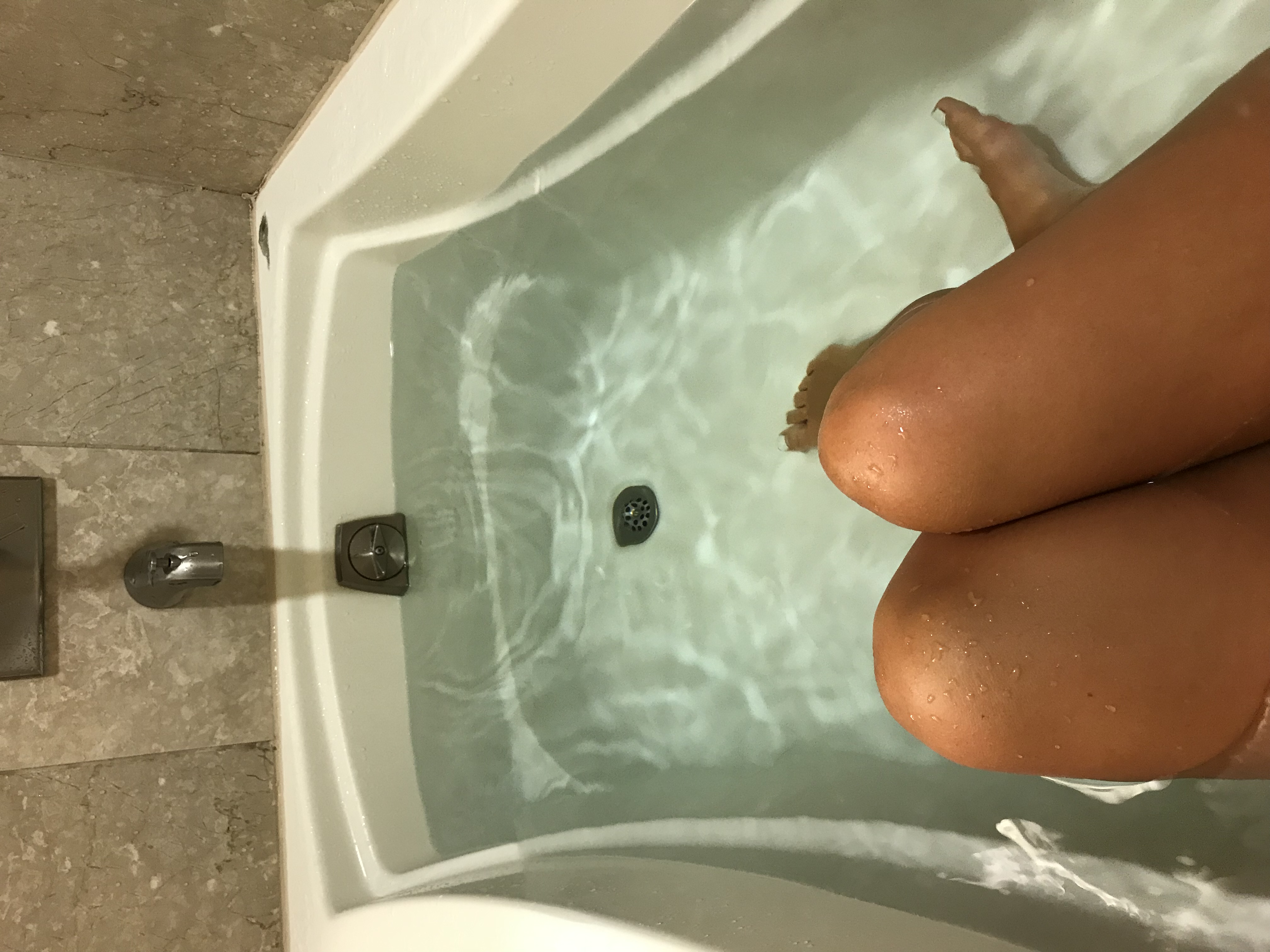
#2. Learn what you need.
The biggest thing is learning what you need in order to take care of yourself to be happy, healthy, and live your most flawless life. Naturally, this may include some trial-and-error. Maybe you try doing something differently and find that it doesn’t yield the results you wanted, or maybe you find that adding in a quick 10-minute walk into your daily routine helps ground you for whatever lies ahead. Perhaps you cut back on communication with someone who is making you feel smothered. Whatever the case may be, learning what you need to feel happy, healthy, and safe is key to finding and sticking to your boundaries.
#3. Prioritize accordingly.
None of us should be making time for everything and everyone else before ourselves, nor should any of us ever completely ignore our own wants and needs. That may sound unrealistic to some people who are caretakers and/or parents, but hear me out: if our needs aren’t cared for or met, we’re eventually going to either have a meltdown or explode.
Prioritize accordingly. Where do your responsibilities—the things you need to do—lie, and how does taking care of you fit into that? It can be as simple as taking 10 minutes to yourself in the morning to enjoy a cup of coffee alone in silence. If you’re not taking care of yourself, it will also affect the way you take care of and handle your responsibilities as well. Know what needs to get done, and make sure it does before you add in anything else.
#4. Say “no” sometimes.
Simply saying “no” sometimes is incredibly empowering. Despite what many of us have been led to believe, you don’t have to go to everything you’re invited to. If you’re feeling overworked and overwhelmed, say “no”—don’t add another thing onto your plate. You won’t feel burnt out forever, it will pass. But until it does, take a step back, and give yourself the chance to regroup.

#5. Take time for yourself, especially after you’ve been overworked and overwhelmed.
We all handle things better when we’re feeling grounded, and feeling grounded comes from prioritizing self-care and taking time for ourselves, especially after a hectic time. Give yourself the gift of some time alone. It doesn’t need to be in the form of some weekend getaway or a trip to a luxurious spa, it can be as simple as taking half the day to do whatever you want, finding an hour in each day where you can relax and unwind, doing a skincare routine before bed, or even taking the time to meditate and journal every morning.
#6. Communicate.
When it comes to our relationships, if our needs aren’t being met or we’re feeling smothered, it’s important to let the other person know. Whoever it is can’t read our minds, and we can’t expect them to know how we’re feeling and what we need. Kindly let them know how you’re feeling, and what you believe you can do to fix it moving forward. Be open to hearing them out and what they have to say. People are full of surprises, and the conversation may be received better than you think.
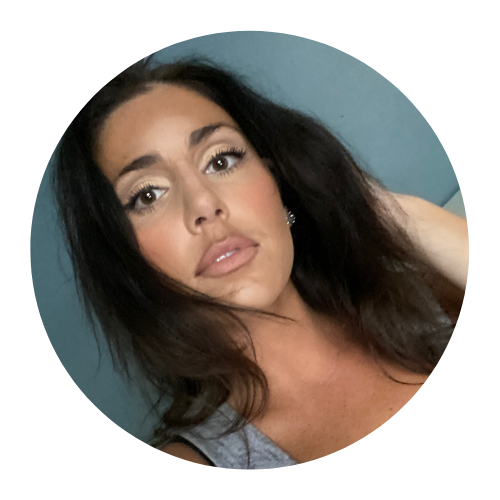
Arianna is the founder and owner of Flawless World. With a background in social media, YouTube, public speaking, and professional wrestling, she now devotes her time to her greatest passion: writing, and creating content made for everyone to live their most flawless life yet.
Follow Arianna:


